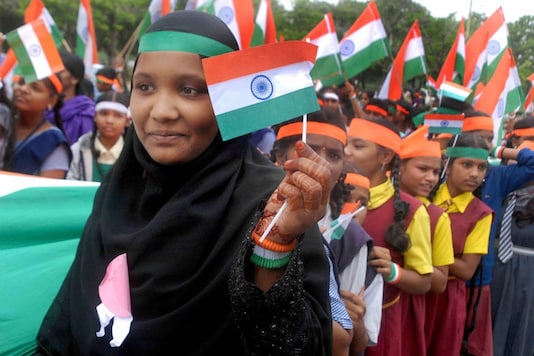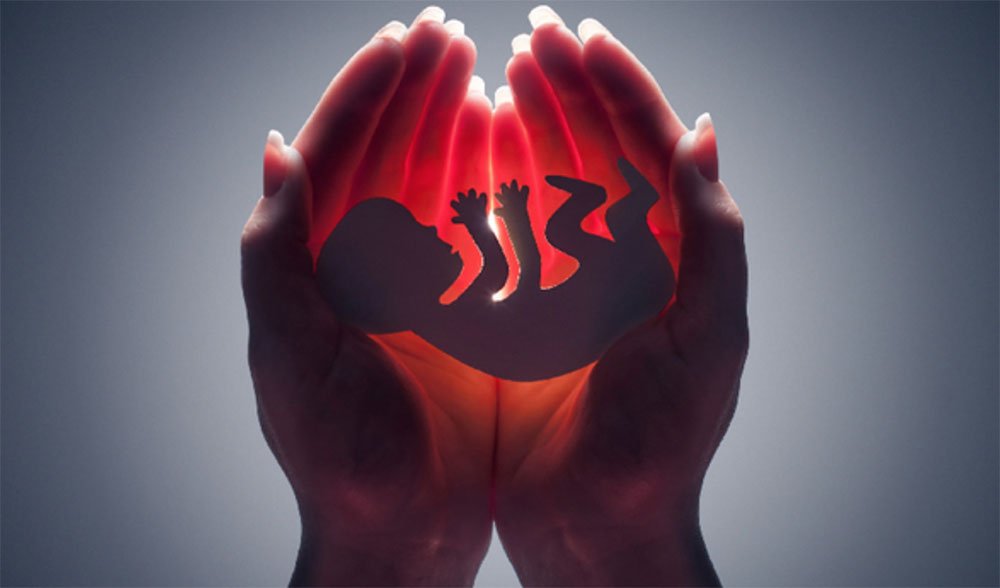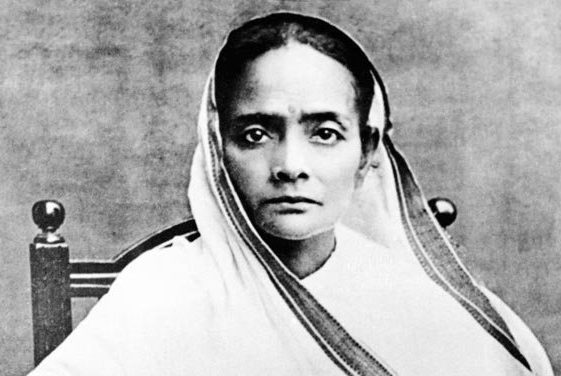By राजेश ओ.पी. सिंह
भारत ने हाल ही में अपनी स्वतंत्रता के 75 वर्ष पूर्ण होने पर तिरंगा उत्सव और आजादी का अमृत महोत्सव मनाया है पंरतु आजादी के 75 वर्षों के बाद भी भारत की आधी आबादी सुरक्षित नही है। जब तक महिलाएं असुरक्षित हैं तब तक ऐसे कार्यक्रमों या महोत्सवों का कोई महत्व नहीं रह जाता। हाल ही में राष्ट्रीय अपराध रिकॉर्ड ब्यूरो द्वारा प्रकाशित आंकड़े दर्शा रहे हैं कि उत्तर से दक्षिण, पूर्व से पश्चिम भारत के किसी भी राज्य या शहर या क्षेत्र में महिलाएं सुरक्षित नहीं है। वैसे तो अपने आप को भारत विश्व गुरु और दुनिया का तीसरा सबसे ज्यादा शक्तिशाली राष्ट्र मानता है परंतु यहां महिलाओं पर जुल्मों की सूची दिन प्रतिदिन लंबी होती जा रही है। राष्ट्रीय अपराध रिकॉर्ड ब्यूरो के अनुसार वर्ष 2021 में महिलाओं के साथ होने वाले अत्याचार, हिंसा, कत्ल, बलात्कार आदि घटनाओं की संख्या में पिछले साल के मुकाबले 15.3 फीसदी की बढ़ोतरी हुई है। इस वर्ष 428278 केस दर्ज हुए हैं जबकि वर्ष 2020 में ये संख्या 371503 थी।
यदि हम महिलाओं के खिलाफ हुए अत्याचार की कुल घटनाओं को देखें तो पाएंगे कि केवल 52 फीसदी घटनाओं पर ही आरोप पत्र जारी किए गए हैं, अपहरण के कुल 8.2 फीसदी, साइबर अपराध के 90.80 फीसदी, कत्ल के 95 फीसदी मामलों में ही पुलिस ने दोषियों के खिलाफ आरोप पत्र जारी किए हैं, ये अपने आप में आरोपियों को खुली छूट देने जैसा है, पुलिस का ढील मूल रवैया अपराधियों के लिए ताकत बनता है और इसी कारण से पुरुष अपराध करने से हिचकिचाते नहीं है।
महिलाओं के खिलाफ सबसे ज्यादा हिंसा और अत्याचार उनके पति या पति के परिवार द्वारा किए गए हैं, अर्थात 31.80 फीसदी महिलाएं अपने पति और उसके परिवार के अत्याचार और हिंसा का शिकार हुई हैं। 20.80 फीसदी मामलों में महिलाओं के खिलाफ अपराधिक बल का प्रयोग किया गया है या उनकी लज्जा भंग करने (आउटरेज हर मोडेस्टी) के आशय से हमला किया गया है। 17.60 फीसदी मामलों में अपहरण और 7.40 फीसदी मामलों में महिलाओं के साथ बलात्कार किया गया है।
महिलाओं के खिलाफ अत्याचार और हिंसा के सबसे ज्यादा मामले असम में दर्ज किए गए हैं, इसके बाद ओडिसा, हरियाणा, तेलंगाना और राजस्थान का स्थान है। केंद्र शासित प्रदेशों में दिल्ली महिलाओं के लिए सबसे ज्यादा असुरक्षित जगह है। वहीं बात करें शहरों की तो जयपुर महिलाओं के लिए सबसे खतरनाक और असुरक्षित शहर है। इसके बाद दिल्ली, इंदौर और लखनऊ है। वहीं महिलाओं के लिए सबसे सुरक्षित शहर चेन्नई और कोयंबटूर हैं जो कि तमिलनाडु में हैं।
बलात्कार के मामलों में 6337 मामलों के साथ राजस्थान सबसे शिखर पर है वहीं उत्तर प्रदेश, मध्यप्रदेश और महाराष्ट्र लगभग दो दो हजार से थोड़े अधिक बलात्कार के मामलों के साथ क्रमश: दूसरे तीसरे चौथे स्थान पर है। नाबालिग लड़की के साथ रेप के दर्ज कुल 31677 मामलों में से 1453 मामलों के साथ राजस्थान की हालत बच्चियों के लिए सबसे ज्यादा खस्ता है। गैंगरेप और कत्ल के कुल 284 मामलों में 48 मामलों के साथ उत्तर प्रदेश टॉप पर है, जबकि 46 मामलों के संग असम हैवानियत के दूसरे स्थान पर है।
आधी आबादी पर बढ़ते अत्याचार देश के लिए गहरी चिंता के संकेत दे रहे हैं , आज जब महिलाओं ने हर क्षेत्र में उपलब्धियां दर्ज की हैं और अपनी ताकत का लोहा मनवाया है तब भी वो हर स्थान (घर, सड़क, स्कूल, खेत, यूनिवर्सिटी, बाजार, दफ्तर आदि ) पर असुरक्षित है।
क्या कारण है कि आजादी के 75 वर्षों बाद और देश में एक लिखित संविधान और पुख्ता कानून व्यवस्था के बावजूद भारतीय शासन, प्रशासन और समाज महिलाओं को सुरक्षित माहौल प्रदान करने में असफल रहा है। इसका सबसे मुख्य कारण पितृसत्तात्मक सोच है जो पुरुषों पर हावी है और इस सोच के कारण महिलाओं को दोयम दर्जे की समझा जाता है और पुरुष महिला के ऊपर दास की तरह अपना अधिकार समझते हैं और उसके साथ पशुओं जैसा व्यवहार करते हैं।
इसे रोकने के लिए सर्वप्रथम पुलिस को महिलाओं के प्रति सुगराही बनना पड़ेगा, महिलाओं के प्रति व्यवहार बदलना पड़ेगा और महिलाओं को ये भरोसा दिलवाना पड़ेगा कि उनके खिलाफ हुए अत्याचार या हिंसा को दर्ज किया जाएगा और उसे इंसाफ दिलवाया जायेगा।
जांच पड़ताल में लगने वाले लंबे समय को कम करने की आवश्यकता है, इसके साथ साथ विशेष महिला आदलतें स्थापित करने से भी महिलाओं के खिलाफ अपराधिक मामलों में कमी आयेगी। सबसे महत्वपूर्ण है कि समाज को आगे आना होगा और आंखें व मुंह बंद करने की बजाए ऐसी घटनाओं के खिलाफ बोलना होगा तभी इन घटनाओं पर अंकुश लगाया जा सकेगा।






